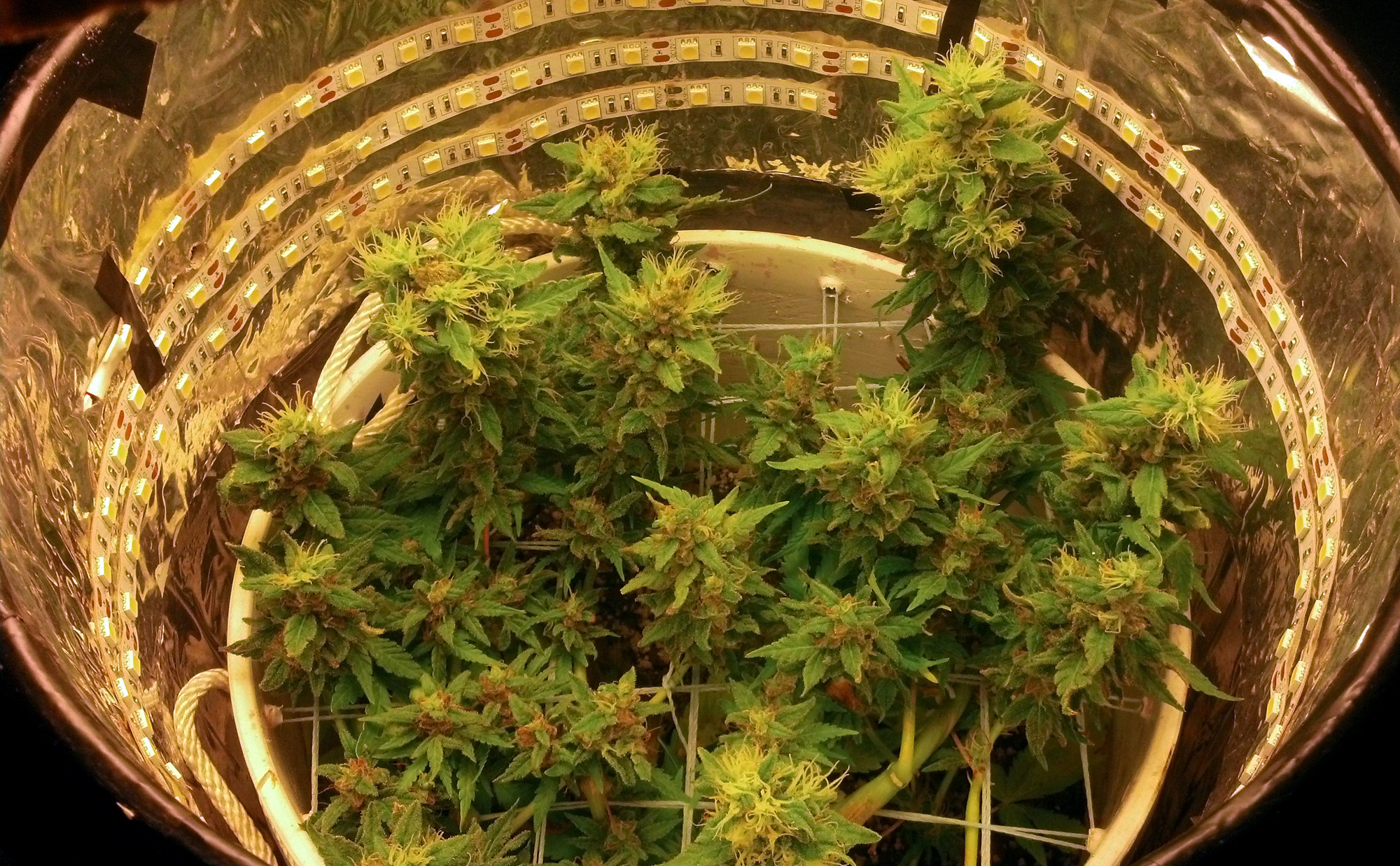
Representing the body’s response to injury, inflammation is the immune system’s way of warding off harmful stimuli. But the process is not as innocuous as it may sound. Chronic inflammation is linked with and may lead to a host of diseases, including cancer, stroke, heart disease, obesity, and autoimmune disorders such as lupus.
Now scientists are discovering how cannabis in various forms including cannabidiol (CBD) oil could wield the power to diminish inflammation and help the body regain a state of balance.
Research Overview
Cannabis for inflammation is a broad area of research since it encompasses so many conditions. In the past decade or so, much of the research on how cannabis can treat inflammation has been conducted on animals, and there is a clear need for more human studies and clinical trials. However, the research that is available has been encouraging and shines a spotlight on how CBD, in particular, may fight inflammation.
The Studies
Can CBD oil relieve arthritis pain? A 2018 article published in Medical News Today answered this question, referencing animal studies that have demonstrated CBD’s pain relieving and anti-inflammatory effects. Receptors in the brain and immune system are affected by CBD, thus leading to a possible reduction in pain and inflammation.
A 2011 research report published in the journal Free Radical Biology and Medicine also examined the potential role of CBD in a variety of conditions associated with inflammation. George W. Booz, a professor in the department of pharmacology and toxicology at the University of Mississippi Medical Center, concluded: “Inflammation and oxidative stress are intimately involved in the genesis of many human diseases. Unraveling that relationship therapeutically has proven challenging, in part because inflammation and oxidative stress “feed off” each other. However, CBD would seem to be a promising starting point for further drug development given its antioxidant (although relatively modest) and anti-inflammatory actions on immune cells … .”
More encouraging news on CBD for inflammation comes from a 2016 literature review published in BioMed Research International. Researchers cited CBD as a possible key tool in controlling the spread and growth of cancerous cells while noting a strong need for further research.
A clinical trial underway at the University of Colorado, Boulder aims to provide some of that crucial additional research. Since 2018 researchers have been testing how inflammation levels change before and after cannabis use in relation to THC and CBD blood levels. The trial is still in the preliminary stages as researchers recruit people to participate.
Patient Perspectives
Swollen joints, skin rash, and prolonged fatigue are among the symptoms that lupus sufferers commonly experience. Lupus Corner has reported survey results from 781 individuals with lupus on the topic of using cannabis for various reasons, including as a treatment for their autoimmune disorder; 36% of respondents claimed that they were using cannabis either through smoking, applying CBD oil, or another method such as ingesting edibles. Among those who used cannabis as a direct strategy to manage their lupus symptoms, 83% said they would recommend it to another person with lupus. An eyebrow-raising 96% of respondents reported that their doctors had not talked with them about using cannabis to treat lupus, which indicates that most people are seeking out medical marijuana on their own.
Other patients are employing cannabis to help them recover from painful surgeries. Catherine McCormick, a 53-year-old woman who had knee replacement surgery, weaned herself off of high postoperative doses of ibuprofen and a cocktail of other medications. McCormick told The New York Times in 2018 how smoking cannabis has improved her quality of life: “I have more energy. I can walk. I’m not in pain. I feel so much better.”
The benefits these patients are experiencing can be traced, in part, to the anti-inflammatory properties of the terpenes present in cannabis. Valencene, cymene, menthol, and terpineol are just a few of the terpenes that have exhibited potential anti-inflammatory effects. But what do the medical experts have to say about how cannabis battles inflammation?
What the Experts Say
Some researchers are optimistic about how cannabis could assist with the management of inflammatory bowel disease (IBD). Specifically, endocannabinoids may have the ability to create a pathway that turns off the body’s inflammatory response. Research pharmacologist Randy Mrsny, Ph.D., explained in a 2018 article from Science Alert: “We need to be clear that while this is a plausible explanation for why marijuana users have reported cannabis relieves symptoms of IBD, we have thus far only evaluated this in mice and have not proven this experimentally in humans. We hope, however, that these findings will help us develop new ways to treat bowel diseases in humans.”
Further, in a 2018 article for Harvard Health Publishing, Dr. Peter Grinspoon discussed prior research on CBD in pain relief in myriad conditions related to inflammation. “CBD may offer an option for treating different types of chronic pain,” he wrote. “A study from the European Journal of Pain showed, using an animal model, CBD applied on the skin could help lower pain and inflammation due to arthritis.
“Another study demonstrated the mechanism by which CBD inhibits inflammatory and neuropathic pain, two of the most difficult types of chronic pain to treat. More study in humans is needed in this area to substantiate the claims of CBD proponents about pain control.”
The common theme in the scientific studies and in expert opinions is additional research. More clinical trials like the one in progress at the University of Colorado, Boulder are critical to understanding the possibilities and limitations of cannabis in treating chronic inflammation.
The Bottom Line
Emergent research is positive regarding the role of cannabis in reducing inflammation, but many more studies are essential.















